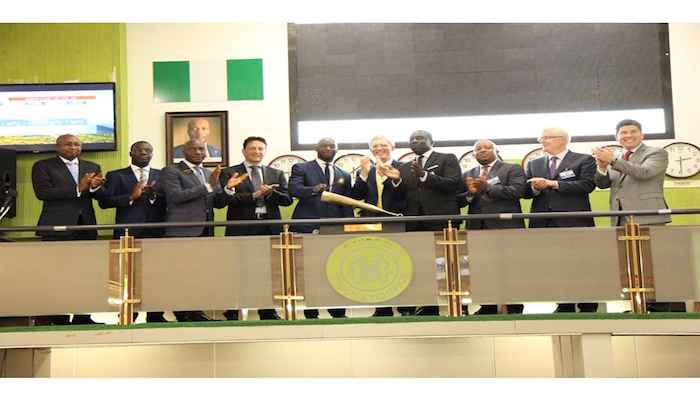Nairametrics| A review of about 30 of some of the most capitalized companies on the Nigerian Stock Exchange reveals a total of N705 billion was reported as their combined profit for the period ended December 2016. Nairametrics also reported that these companies spent a total of N510 billion on investments in property plant and equipment in 2016 compared to about N687.3 billion in 2015.
Another survey conducted by our research team provides a fresh perspective into the returns on average equity of Nigeria’s NSE 30, the largest index on the nations bourse with about N8.6 trillion in market capitalisation. The Nigerian Stock Exchange All Share index has a market cap of about N9 trillion.
As inflation rate skyrocketed in 2016 to as high as 18.8%, yields on government securities rose in tandem. One year treasury bills yield also rose to as high as 18% while FGN bond yield also touched over 17%. We also observed a seemingly stability in overall corporate profits in 2016 compared to 2015. However, when profits are pit against Net Assets, some of Nigeria’s largest companies fell short of the inflation rate in terms of their returns. See below;
As the table above depicts, NSE 30 companies had a total Net Assets of about N6.1 trillion in 2016 up 19% when compared to the same period in 2015. However return on equity for the combined sectors came to about 12.5%.
Companies with high ROAE
- Total Plc| 74%
- Presco Plc| 52%
- Okomu Oil Plc| 34%
- All company average| 12.55%
Sector ROAE

Is the index overvalued
- Based on the above, the NSE 30 companies have a total ROAE of 12.5%
- The index also has a price earnings ratio of about 12x, suggesting an earnings yield of 8.36%.
- Earnings yield is basically a company’s profits divided by its market value, while return on average equity is the company’s profit divided by its average net assets.
- An earnings yield lower than ROAE suggest the index is not valued above its organic rate of return.
- The banking industry is largely attributed for the low earnings yield as most of the stocks trade at just 5x their trailing earnings per share.








